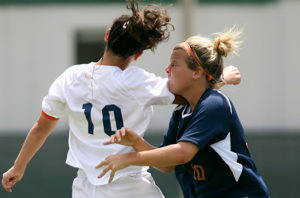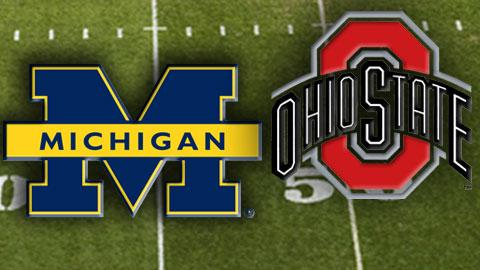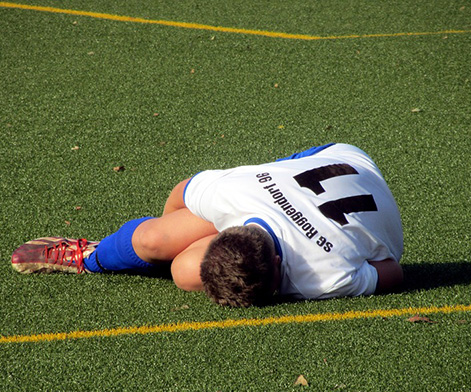Texas Study Wants to Study Brain Health of Former College Athletes
A Texas university is launching a study designed to advance medical science’s understanding of how participation in collegiate sports and resulting sports related-concussions may impact brain health later in life.The University of Texas Southwestern’s medical center, in conjunction with the O’Donnell Brain Institute, is seeking to recruit 250 men and 250 women over 50 who competed in at least one season of NCAA or NAIA athletics to participate in the study.
 A recent story from KXAN in Texas detailed the research the University of Texas Southwestern is looking to accomplish.
A recent story from KXAN in Texas detailed the research the University of Texas Southwestern is looking to accomplish.
Below is an excerpt from the KXAN story.
“There is a lot of fear and misinformation in the public space about the relationship between athletics and brain wellness,” said Dr. C. Munro Cullum, co-principal investigator of CLEAATS.
A professor at UT Southwestern, Cullum is a clinical neuropsychologist who specializes in the assessment of cognitive disorders.
“Most previous studies focused on professional American football players, largely because they garner such a high level of public and media interest. However, we are expanding the sphere of study well beyond those limitations to broaden and deepen the pool of knowledge available to researchers and perhaps even remove some of the fears and misconceptions surrounding this subject.”
“It is impossible to overemphasize the importance of this study for generations of young athletes and the contributions its findings will make to the body of knowledge critical to understanding later-life outcomes of athletic participation for men and women alike,” said Dr. Margot Putukian, advisor to the principal investigators.
Putukian is the chief medical officer for Major League Soccer and the former director of athletic medicine, head team physician and assistant director of medical services at Princeton University.
The DKR Fund provided a $500,000 grant and multi-year commitment to UT Southwestern’s O’Donnell Brain Institute to conduct the landmark study, which will focus on athletes who played sports in college but did not go on to play professional sports. It will study participants in both contact and non-contact sports and will track a broader, more diverse pool of former athletes than any previous research effort.
Importantly, where previous studies of the link between sports participation and brain injuries have focused almost exclusively on males, CLEAATS will concentrate equally on potential effects on female athletes and will examine various aspects of brain health.
“The aim of CLEAATS is to broaden our field of knowledge by studying the impacts of sports on college athletes who never played sports professionally, male and female athletes and participants in a wide range of sports, including non-contact sports such as swimming, tennis, gymnastics, and track and field,” said Dr. Hunt Batjer, co-principal investigator of CLEAATS.
To read the full story from KXAN about the University of Texas Southwestern’s efforts to study brain health in collegiate student-athletes, click here.







